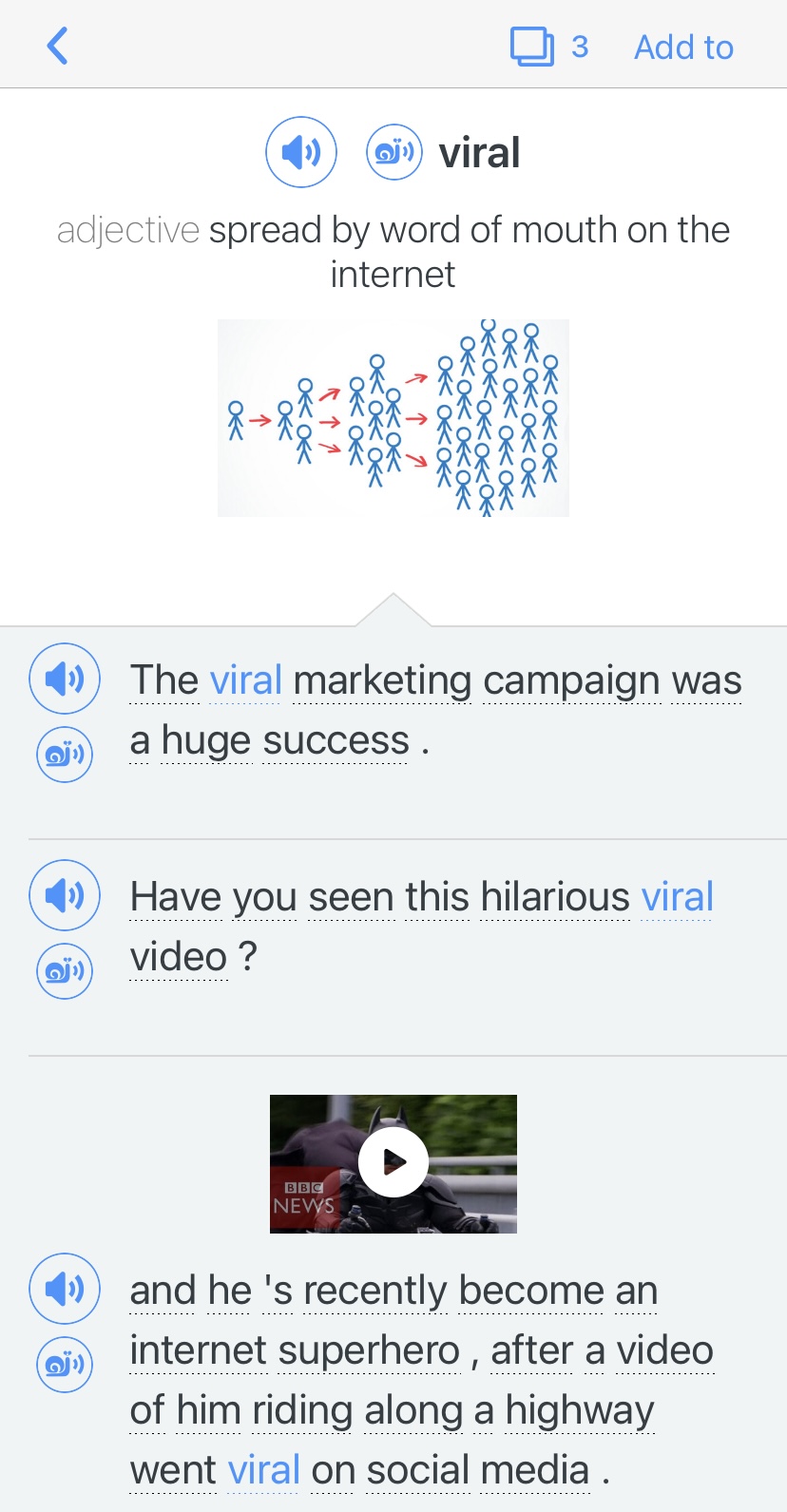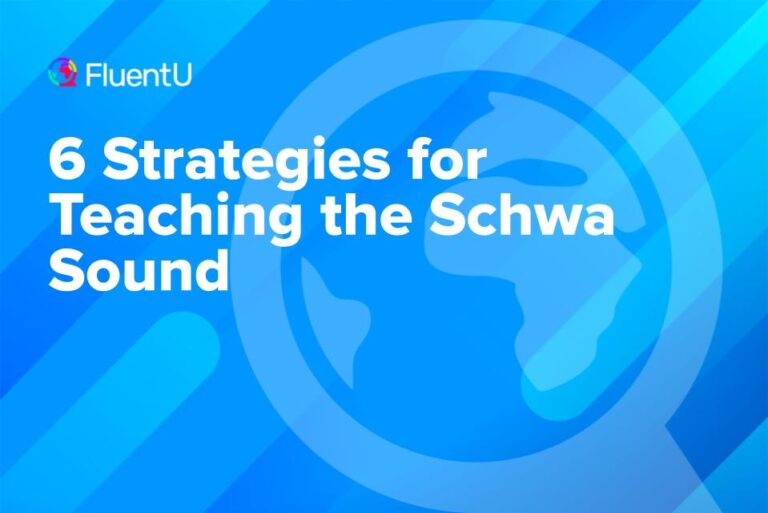Contents
- 1. English for Work
- 2. Businesses
- 3. Negotiations
- 4. Job Interviews
- 5. Working Abroad
- 6. Company Culture
- 7. Crisis
- 8. Leaders
- 9. Business Presentations
- 10. Meetings
- 11. Conferences
- 12. Termination
- 13. Managers
- 14. Small Business
- 15. Work Appraisals
- 16. Retirement
- 17. Work Experience
- 18. Overtime
- 19. Business Trips
- 20. Competition
- 21. Risk Management
- 22. Investing
- 23. Colleagues
- 24. Hard Times
- 25. Raises
- 26. Sales
- 27. Customers
- 28. Customer Service
- 29. Marketing
- 30. Consulting
- 31. Business Ethics
- 32. Rules & Regulations
- And One More Thing…
Business Conversation: 32 Business English Topics

Teaching business English is more or less the same as teaching standard English—with a few twists and tweaks. Usually you’ll start with advanced students who need English for work-related purposes.
Here are 32 business English conversation topics to start off the class with a bang, sparking more in-depth conversations and debates.
After the discussion, you could seamlessly jump into textbook material, creating a harmonious rhythm in your business English class.
Download: This blog post is available as a convenient and portable PDF that you can take anywhere. Click here to get a copy. (Download)
1. English for Work
Students are often asked why they are learning business English, and being able to discuss this in a clear and informative way will do wonders for their confidence. Here are a few questions:
- Do you think English is the global business language?
- How often do you use English in your career?
- Do you feel more comfortable calling or emailing someone in English?
- Do you think English will get you promoted?
- Have you ever felt nervous speaking to foreign colleagues or clients in English?
2. Businesses
Talking about other businesses is, essentially, talking business. Other businesses could be friends, foes, inspirations or anything else. A simple topic, yet such a deep one. Some questions you could ask are:
- What can businesses do to succeed?
- What is your idea of a “business”?
- What businesses are successful in your country/industry? Why?
- Why do you think some businesses fail?
- “Business is a combination of war and sport.” Do you agree? Why/why not?
3. Negotiations
No verb goes with the word “business” better than “negotiation.” Some could say negotiations are business. It’s a good topic that has students speaking about any and all kinds of negotiations. You could ask questions such as:
- How good are you at negotiating?
- What are some good negotiation tactics?
- Do you do negotiations in your work, personal life or while shopping?
- What have you had to negotiate for in your life? (Examples: House, car, items at a bazaar)
- Do you think men or women are better at negotiations? Why?
4. Job Interviews
Unless your students got a job hookup from a friend or a family member, chances are they have something to say about job interviews. They are the “first dates” of the business world and this topic gets some good chatter going. A few great questions are:
- How do you feel about job interviews?
- What is the most important part of a job interview?
- What advice do you have for a successful interview?
- What questions are common in job interviews in your company/industry/country?
- What was the worst interview you have ever had?
It can be very helpful to show your students actual videos of interviews to give them a better idea of what to expect. For example, you can use FluentU to show them the job interview scene from “The Pursuit of Happyness,” starring Will Smith, and help them pick out some key interview vocabulary:

You can hover over any word to show a quick definition or click on it for a more in-depth breakdown of any word or expression in the subtitles. There are hundreds of other authentic English videos that you can harness for their contextual teaching elements, from movie clips like the one above to news segments, commercials and inspirational talks.
5. Working Abroad
Some students, especially if they need English for work, may have had some experience working in another country or even have some colleagues who are working abroad. This topic is good since working abroad becomes more and more relevant in this day and age. A few good questions include:
- Have you ever worked in another country?
- What difficulties can working abroad have?
- If you could choose, where would you like to work abroad?
- What work experience have you had with colleagues from abroad?
- What are some cultural differences between your country and foreign countries your company does business with?
6. Company Culture
Company culture is an essential aspect to any company, and your students will need to understand the value of a good company culture versus a bad one. Here are some questions to try out:
- Do you believe that company culture is important? If yes, how do companies steer clear of negative company culture?
- What is the company culture of your company?
- Do you think your company could create a more positive, well-rounded company culture?
- What are some of the perks in your company?
- What perks or benefits do you look for in a prospective company’s culture? Why are these important to you?
7. Crisis
An inevitable topic in the world of business, students do enjoy sharing views on crises. They can share their thoughts, questions and opinions about responding to all kinds of crises. Unless a particular crisis is hitting their country terribly hard, where some may feel sensitive about the topic, it’s an excellent topic to speak about. You could bring up questions like:
- How do you manage crises?
- What kinds of crises occur in your workplace?
- What sorts of crises have affected your country?
- What is your back-up plan for a major crisis?
- What have you learned from past crises?
8. Leaders
Leaders are the coaches of business. They provide guidance and wisdom to many. Your students may feel inspired by some notable leaders, or they may look up to leaders in their respective countries, companies or industries. They may even dream of becoming leaders themselves. Get students talking about what kinds of people are best equipped to lead businesses. Some questions to ask are:
- What is your definition of a leader?
- What makes an excellent leader?
- How is the leadership in your company/industry/country?
- Describe the best leader you have worked for/with.
- How good of a leader do you believe you are?
9. Business Presentations
In this day and age, presentations are everywhere thanks to modern technology. There’s a good chance that not only do your students have something to say about them, but they may have to give some at their job. Questions you could give them are:
- What makes a good presentation?
- What makes a bad presentation?
- Do you have to give any presentations at work? If so, what are they about?
- How do you feel about giving presentations?
- How do you feel about watching presentations?
10. Meetings
Unless your students work an hourly position, they more than likely have meetings and talking about meetings is a nice topic since it’s so relatable. Great questions include:
- How often do you have meetings at work?
- Do you like meetings at work? Why/why not?
- What is often discussed at your meetings?
- What are the advantages/disadvantages to having meetings?
- “If you must have a meeting, lose the chairs.” Do you agree? Why/why not?
11. Conferences
Many students may well have an important conference in the very near future and want to prepare. Networking, detailed job descriptions, presentation discussions, gathering information and the general culture exchange are all key areas of a professional conference. Here are some questions:
- How would you open a conversation with someone in English at a conference? Is it any different in your native language?
- Do you normally see all the presentations at a conference? What are some good and bad reasons you might miss a presentation or two?
- Do you find it more challenging making small talk or discussing business at conferences? Why do you think that is?
- Do you go out of your way to meet new people at conferences, or do you stick to your pack of colleagues? What are some great reasons to meet new people?
- Are there parties at conferences? Any good stories?
12. Termination
This is the “getting dumped” experience of the workforce, but it’s something that’s a part of business. If students want to speak better business English, navigate tough interview questions and plan their careers, then it would behoove them to practice talking about getting terminated. A few good questions could be:
- Have you ever been terminated?
- How does one get terminated at your job?
- Have you ever had to terminate anyone?
- How can you prevent getting terminated?
- If you were terminated, what would you do?
13. Managers
Slightly different (or vastly, depending on your work) than leaders, managers are something that everybody has something to say about. Love them or hate them, they’re an essential subject to discuss in business. Perhaps some of your students are managers themselves. You could ask:
- What do you think about your manager(s)?
- What qualities make a good manager?
- How does your manager spend their time?
- How can a manager motivate employees?
- What is your manager’s managing style?
14. Small Business
Small businesses are the cornerstone of growing enterprises and thanks to e-commerce they are on the rise. A few questions to ask the class could be:
- Are small businesses common in your country?
- What challenges do small businesses have in your country?
- What are some successful small businesses in your town/city?
- How can a small business become successful?
- If you had a small business, what kind would it be?
15. Work Appraisals
Any decent company gives their employees a sort of appraisal every so often, so it’s a good topic to discuss since appraisals are made to improve the quality of the employee’s work. You could ask things like:
- Do you have performance reviews in your company? How often?
- How do you feel about them?
- What do your performance reviews cover?
- How important do you think appraisals are?
- What happens if you have a good/bad appraisal?
- How do you feel about feedback about yourself?
16. Retirement
Even though retirement is the end of the road for business and a long way down the road for some students, it’s a good topic to discuss since it affects everybody eventually. Great questions could be:
- What is the retirement age in your country?
- What do people in your country usually do once they are retired?
- Where do retired people usually live in your country?
- What are the advantages/disadvantages to retirement?
- What do you think you will do when you retire?
17. Work Experience
Everybody talks about his or her work experience and it helps them with who they are in their career today. Some great questions are:
- What work experience do you have?
- How did you like your previous work?
- What can you gain from work experience?
- What have you learned from your work experience?
- What have you learned about yourself?
18. Overtime
Overtime is as enjoyable as it is avoidable. Unfortunately, it’s inevitable but most students will have a thing or two to chime in with about overtime. Good questions could be:
- How much overtime do you usually work?
- How do you feel about working overtime?
- What is the overtime policy like in your company?
- Describe the worst overtime experience you have ever had.
- What is a solution to reducing overtime?
19. Business Trips
Business trips, whether they be domestic or international, are more and more common these days and are a good topic to discuss. After all, most likely your students that go on business trips need to speak English! You could ask:
- Do you go on business trips at work? Where?
- What are the advantages/disadvantages of business trips?
- What advice do you have for somebody traveling for business?
- Where would you like to go on a business trip? Why?
- What do you think is the future of business trips?
20. Competition
If your students want to speak business English well, then they’ll need to talk about competition. The competition is everywhere and is a great topic to really scope out how your students feel about business in general. Great questions could be:
- Who exactly is your company’s competition?
- What advantages/disadvantages does your competition have?
- How can your company overcome the competition?
- How competitive is your industry?
- How competitive are you in general? Why?
21. Risk Management
Most students should be familiar with risk and hopefully more familiar with how to manage it so it’s a fine topic to incite some quality discussion. Great questions are:
- What risks does your company come across?
- How does your company handle these risks?
- What situation could be a big risk to your company?
- What is your plan in case you come across a risk?
- Does your company have a contingency plan?
22. Investing
Investing is an important topic that many business English students know a fair deal about, depending on their business. It’s a relatable topic that could be of special interest to some students. You could ask questions like:
- What is your opinion on investing?
- What investments do you have? Why?
- Are you a conservative or risky investor? Why?
- What do you consider to be a bad investment? Why?
- If you had $1000 to invest, what would you do?
23. Colleagues
Everybody has something to say about colleagues and talking about them can help get students talking about more personal things, which can really help them exit their comfort zones. A few good questions could be:
- What do you think about your colleagues?
- What are some common problems with colleagues?
- Have you ever had any challenging situations/altercations with your colleagues?
- Do you spend time with your colleagues outside of work? Why/why not?
- Who is your favorite colleague? Why?
24. Hard Times
Unfortunately, hard times are quite prevalent these days. But talking about them is good for business since it could expand your students’ knowledge of current events. You could ask questions like:
- What hard times is your industry/country going through?
- What hard times have you experienced?
- What have you learned from hard times?
- What are the benefits of hard times?
- Tell me about what you did when you went through some hard times.
25. Raises
Everybody loves raises, but talking about them (especially with a superior) is a different story. Amongst classmates though, talking about raises can bring up some interesting chatter. Questions like these are good:
- How often do you get a raise at your job?
- What does it take to get a raise at your job?
- What advice do you have for someone who wants a raise?
- Do you think raises are important? Why/why not?
- Do you deserve a raise? Why/why not?
26. Sales
Some may say that business is sales and they just might be right. Sales are to business as education is to knowledge. Talking about sales is an important skill in business English, especially if some students need to sell in English. A few great discussion questions are:
- Have you ever worked in sales?
- How good of a salesperson are you? Why/why not?
- What makes a good salesperson?
- What is the sales process like in your company?
- What strategies do you think are good for sales?
27. Customers
But alas, there can’t be sales—or business for that matter!—without customers. Since everyone has been a customer on more than a few occasions in their lives, it’s a great topic for students! Questions like these work well:
- Who are the customers for your company/industry?
- As a customer in general, what do you usually expect?
- How do you gain more customers?
- How do you lose customers?
- “The customer is always right.” Do you agree/disagree?
28. Customer Service
Customer service is also another aspect of business that both salespeople and customers know a thing or two about. It’s a fantastic topic that can bring some enlightening discussion. You can ask questions like:
- What is excellent customer service?
- What is poor customer service?
- Have you ever had to deal with customers? How was it?
- How do/would you deal with customer problems?
- Can you think of any companies known for their exceptional customer service?
29. Marketing
Marketing is an essential field in the world of business and many students enjoy talking about this diverse subject. You could ask questions such as:
- What is your understanding of marketing?
- What is your company’s target market?
- What kind of marketing does your company use?
- In your opinion what forms of marketing are the most/least successful?
- What kind of marketing is successful in your country?
30. Consulting
Many companies, big and small, have experience with consultants and it’s an important topic in the world of business improvement. Some great questions could be:
- What is your definition of “consulting”?
- What is your opinion of consultants?
- What are the advantages/disadvantages of consultants?
- What area of advice are you an expert at? Why?
- “Sometimes you need a consultant to tell you the obvious.” Do you agree/disagree? Why?
31. Business Ethics
Your eager business English students have most likely studied a bit of business ethics in their native language, so why not bring it to life in English? Environmental issues, labor rights, health and wellness are all components of business ethics. You can ask these questions:
- What are “business ethics” and how do they affect your community?
- Would you consider your company ethical? Are there any business practices you disagree with?
- What are a few companies that have been known for bad business ethics? How about good ones?
- How often do you talk about business ethics with colleagues or managers?
- How can companies improve their business ethics?
32. Rules & Regulations
Rules and regulations are literally everywhere in the business world and they could present some useful and interesting information. You could give the students questions like:
- What rules and regulations exist at your job?
- What happens if you break any of these rules?
- How do you feel about the regulations at your job?
- Why do you think rules and regulations exist?
- Have you ever had any problems with rules and regulations?
So there you have it, a vast list of various topics that are great for business English students.
Although it’s preferable (and likely) that your students already have jobs to answer these questions but since these topics are so relatable and general, it shouldn’t be a problem to start off the classes with some simple questions on such topics.
You could even choose the topics according to the current business news and mix the questions up a bit. The best piece of advice is to make it relatable, relevant and remarkable this way the students have something to say and never lose interest.
So, let’s talk business!
Download: This blog post is available as a convenient and portable PDF that you can take anywhere. Click here to get a copy. (Download)
And One More Thing…
If you’re like me and prefer learning English on your own time, from the comfort of your smart device, I’ve got something you’ll love.
With FluentU’s Chrome Extension, you can turn any YouTube or Netflix video with subtitles into an interactive language lesson. That means you can learn from real-world content, just as native English speakers actually speak.
You can even import your favorite YouTube videos into your FluentU account. If you’re not sure where to start, check out our curated library of videos that are handpicked for beginners and intermediate learners, as you can see here:
FluentU brings native English videos within reach. With interactive captions, you can hover over any word to see an image, definition, and pronunciation.
Just click on the word to see other example sentences and videos where the word is used in different contexts. Plus, you can add it to your flashcards! For example, if I tap on the word "viral," this is what pops up:
Want to make sure you really remember what you've learned? We’ve got you covered. Practice and reinforce the vocab from each video with learn mode. Swipe to see more examples of the word you’re learning, and play mini-games with our dynamic flashcards.
The best part? FluentU tracks everything you’re learning and uses that to create a personalized experience just for you. You’ll get extra practice with tricky words and even be reminded when it’s time to review—so nothing slips through the cracks.
Start using the FluentU website on your computer or tablet or, better yet, download our from the App Store or Google Play.
Click here to take advantage of our current sale! (Expires at the end of this month.)










